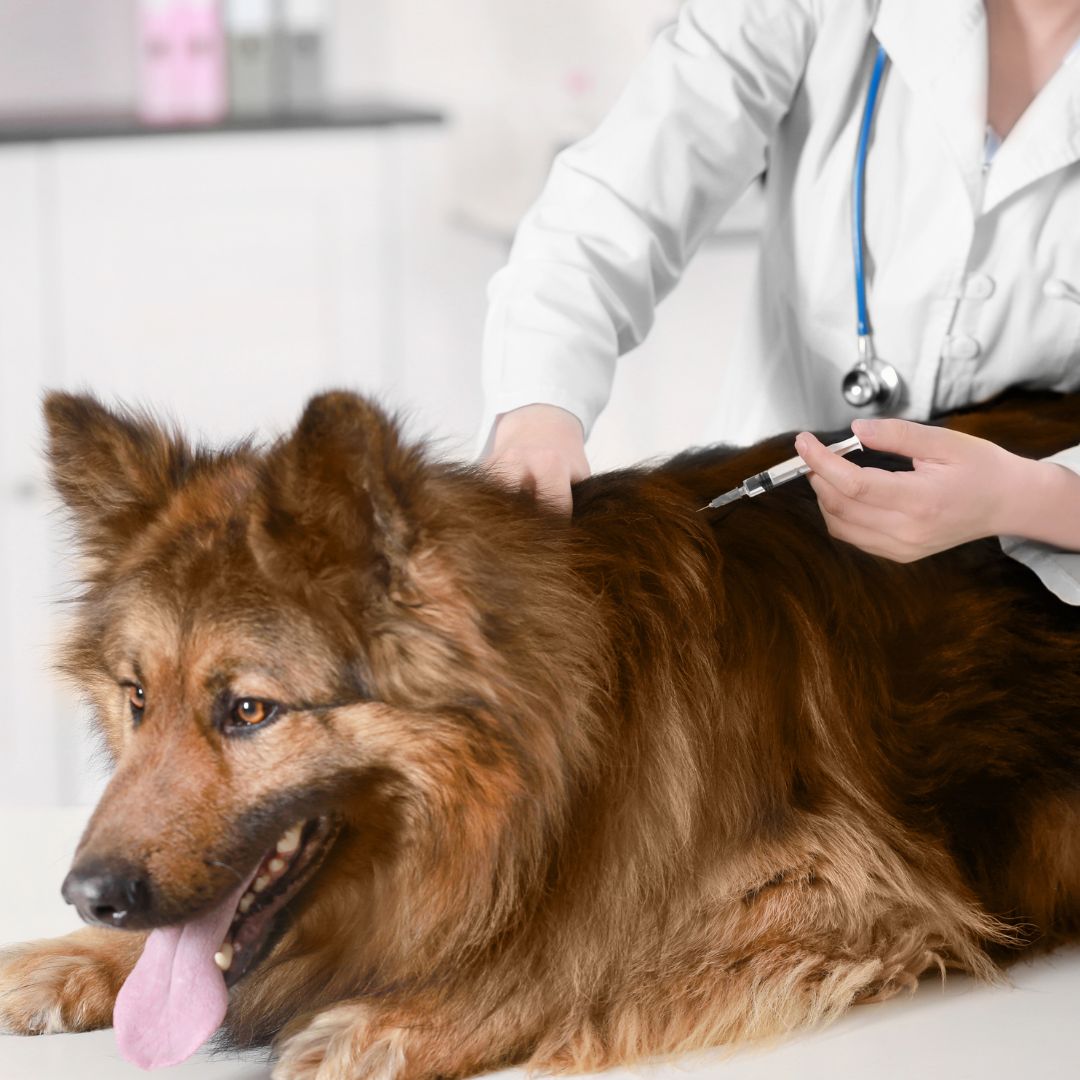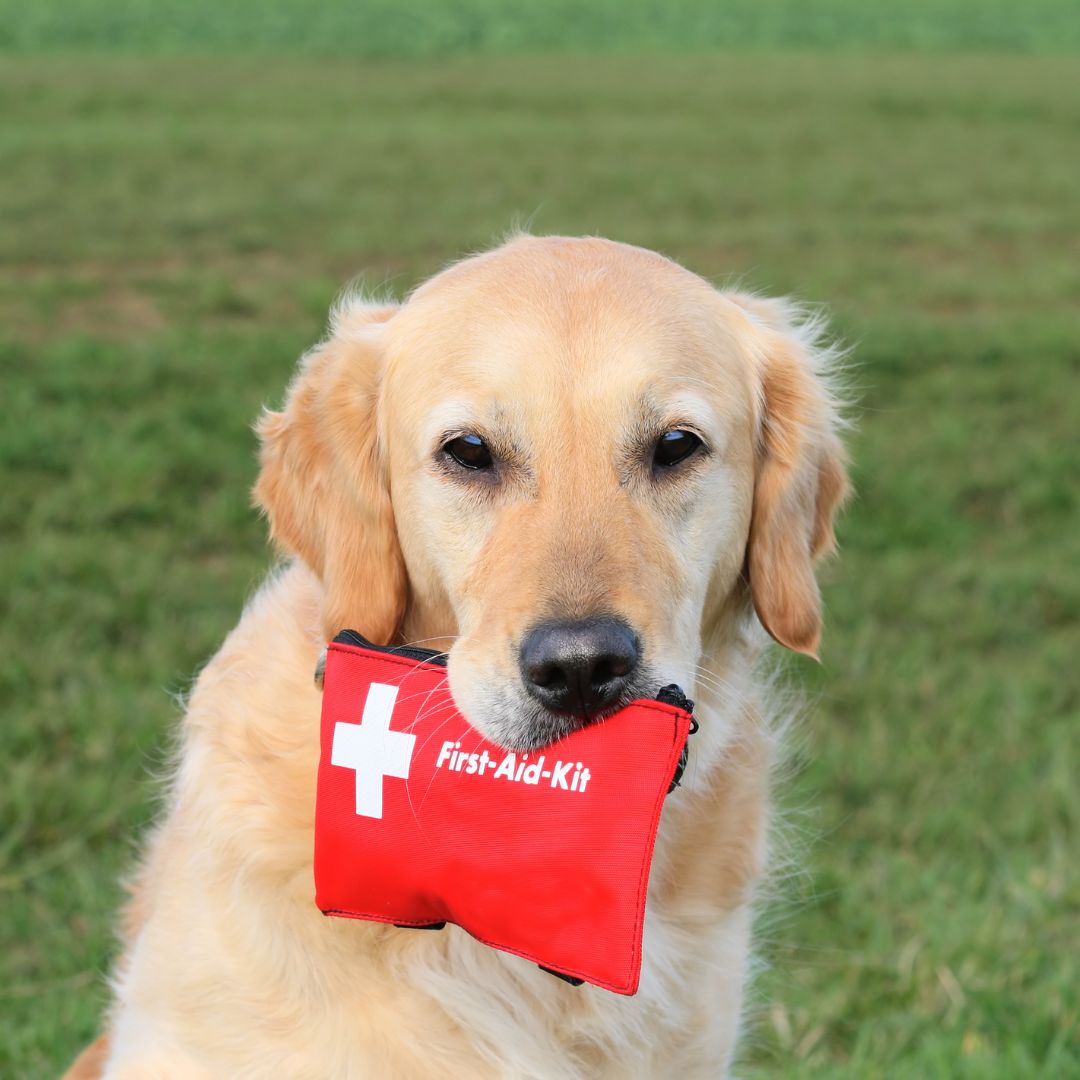Starting Out Right: Key Puppy Care Tips for New Dog Owners


Whether you’ve had dogs before or you get a puppy for the first time, chances are you will have a lot of questions. Veterinarians often get asked questions about vaccines, spaying or neutering, and feeding. You can always ask your vet any question you have about your dog, but it is important to do your research before getting a puppy so you can see what you already know and what questions you still need to ask.
 Vaccines
Vaccines
Vaccinating your puppy can help prevent them from getting diseases from other dogs or things in their environment. It is important to limit interactions your puppy has with other dogs until they are fully vaccinated, especially if you do not know if the dogs they play with have received their vaccines. Some vaccines require an initial series of 2-3 vaccines within a couple months for your puppy to be covered, but all vaccines will need a booster at some point in your puppy’s life, often every 1 to 3 years.
There are two vaccines that all dogs should get. These are called core vaccines. The first is the DAPP vaccine, often referred to as just the distemper vaccine, actually covers four diseases: distemper, adenovirus, parainfluenza, and parvo. These diseases are often much worse for puppies than adult dogs. Distemper can spread from dog to dog, but it can also be spread by wild animals. Regardless of their lifestyle, your puppy should get this shot. Some breeders may give this vaccine at young ages, but typically vets recommend the first shot around 8 weeks. Another vaccine all puppies should get regardless of their lifestyle is the rabies vaccine. It is protection for both you and your dog should your dog ever get bitten by a rabid animal. Many states have laws requiring dogs to get their rabies vaccine because the rabies virus is not curable and always fatal for both dogs and humans. Should you travel with your dog, you will likely need documentation that your dog has received their rabies vaccine. The rabies vaccine is typically given around 16 weeks of age, but can be given a few weeks earlier than that.

All dogs have different lifestyles, so your puppy may not need every vaccine available. It is important to discuss with your veterinarian which vaccines best fit your dog’s lifestyle, depending on exposure to the diseases. The bordetella vaccine is for what’s commonly known as kennel cough. Similar to the flu vaccine in humans, it only protects against the most dangerous strains of bordetella. This means your dog can still get kennel cough even if they are vaccinated, but they will likely get less sick or a less dangerous strain of the disease. It can easily spread from dog to dog, so you should consider it if your dog will be seeing other dogs, like at daycare, dog parks, etc. Puppies can get a bordetella vaccine as early as 8 weeks old. The canine influenza vaccine works similar to the bordetella vaccine in that it can prevent your dog from becoming infected and lessen the severity of an infection if your dog does catch the bug. Canine influenza is easily spread dog to dog, so it is an important vaccine if your dog will be spending time with other dogs. The lyme vaccine protects against lyme disease – just like humans get. Tick preventatives are not always 100% effective, so your dog can still be infected with lyme disease even if they routinely receive their preventatives. If your dog will be in areas with a lot of deer tick exposure, you should consider this vaccine. The age at which the first lyme vaccine is typically administered is 12 weeks old. Leptospirosis is a disease that is spread through the urine of wild animals. Left undiagnosed, it can eventually kill dogs. Dogs can get it if they drink from standing water, such as puddles and ponds. If you know your puppy will be in areas with lots of wildlife and likes to drink from these water sources, it is an important vaccine to consider. The first leptospirosis vaccine is given around 12 weeks of age.
Similar to humans, dogs are often sore after getting a vaccine. They may be a little tender on the injection site for the first 24 hours. Some vaccines can also make your dog feel a little tired for the rest of the day. This is normal and expected. However, some dogs have stronger reactions to vaccines, such as gastrointestinal upset, excessive limping or lethargy, facial swelling, or trouble breathing. While these reactions are rare, let your vet know if your dog has any of those symptoms. These reactions don’t necessarily mean your dog should never get that vaccine again, but they will likely change how your vet approaches their vaccines. For example, your vet may give an antihistamine along with the vaccine or some anti-inflammatory medications to go home to prevent the same reactions.
Spaying and Neutering

Many people choose to spay or neuter their dogs. The age at which a dog is fixed depends on a few factors, including the breed, health, and behavior of the dog. Always consult your veterinarian on what is best for your puppy. While there is no right or wrong answer regarding whether or not you should spay or neuter your dog, there are a few key reasons why people choose to do so. There is the obvious benefit of not having an unplanned canine pregnancy, but there are other health benefits too. It can help curb aggressive behaviors, as well as decreasing marking and mounting. It can also help reduce your dog’s risk of certain types of diseases and cancers, such as mammary cancer in female dogs and prostate cancer in male dogs.
It is important to consider that these procedures require anesthesia. This means that while rare, not every dog will be a good candidate if they have any underlying diseases. Also, these procedures affect metabolism, so your dog may gain weight after the procedure if you do not adjust their feeding accordingly.
Feeding

When it comes to feeding your puppy, there are a few things to consider. The first is what kind of food you are giving. Puppies should always get a food that is formulated for puppies as it contains extra nutrients needed for when a puppy is growing quickly. When to stop feeding a puppy diet depends on the breed and metabolic needs of your puppy. Large breeds often need puppy food for longer than small breeds. Metabolic needs can vary dog to dog, just like humans. Furthermore, spaying and neutering can affect metabolism as it affects the hormones present in your dog’s body.
How often you should feed your puppy depends on their age. Puppies should get 3 meals daily for the first several months of their life, then two meals daily. Some dogs can eventually be free fed, but it depends on your dog’s ability to self-regulate as many dogs would overeat if given the opportunity. A good way to determine how much you should feed your puppy is to read the feeding chart on the bag of food. While these charts are often inaccurate for adult dogs – they tend to recommend amounts that are higher than what your dog needs – they are good to use for puppies. Because puppies grow so quickly, it is very difficult to overfeed them as their bodies need the nutrients.
The American Kennel Club has a page explaining vaccinations further. See it here: AKC Vaccinations
The American Veterinary Medical Association has a website describing the benefits and drawbacks to spaying and neutering your puppy. Find it here: AVMA Spaying and Neutering
Have fun with your puppy and good luck keeping them healthy!






































































